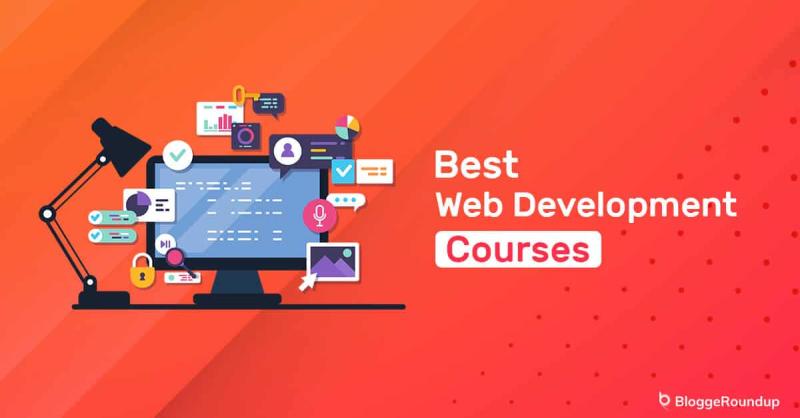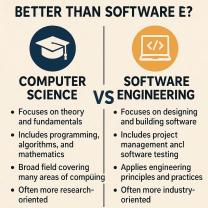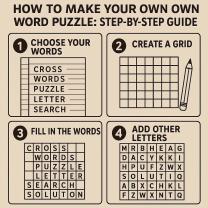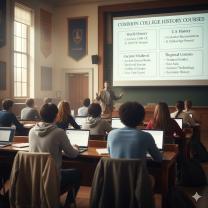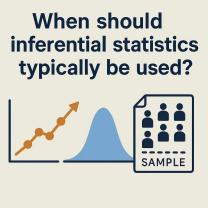What do you learn in a web development course?
A web development course typically covers a broad range of topics aimed at equipping students with the skills and knowledge necessary to create functional and visually appealing websites. Here are the key components commonly included in a web development course:
HTML (Hypertext Markup Language): Understanding HTML, the standard markup language for creating web pages, is fundamental. Students learn how to structure content using HTML elements.
CSS (Cascading Style Sheets): Learning CSS involves styling HTML elements to enhance the visual presentation of web pages. Students explore layout techniques, colors, fonts, and responsive design principles.
JavaScript: JavaScript is a scripting language used for adding interactivity and functionality to web pages. Students learn how to manipulate web page elements, handle events, and create dynamic content.
Frontend Frameworks (e.g., React, Angular, Vue.js): Many courses cover popular frontend frameworks that simplify the development of interactive user interfaces and single-page applications.
Backend Development: Students get introduced to backend languages (e.g., Node.js, Python, PHP) and frameworks (e.g., Express, Django) used to handle server-side operations, databases, and server-client interactions.
Database Management: Understanding databases (e.g., MySQL, MongoDB) and how to interact with them is crucial. Students learn about database design, querying, and integration with web applications.
Version Control (e.g., Git): Learning version control systems helps in managing changes to code, collaborating with others, and tracking revisions.
Responsive Design and Accessibility: Courses often cover designing websites that adapt to different devices and ensuring accessibility for users with disabilities.
Testing and Debugging: Students learn techniques for testing and debugging web applications to identify and fix issues.
Deployment and Hosting: Understanding how to deploy websites to servers and hosting platforms is often part of the course to prepare students for launching their projects online.
Security: Basics of web security, including common vulnerabilities and best practices for secure coding and protection against cyber threats, are also addressed.
Project Work: Many courses involve hands-on projects or assignments to apply learned concepts, helping students build a portfolio of work.
Web development courses may vary in their depth and focus, but these fundamental components are typically included to provide a well-rounded understanding of creating functional, responsive, and user-friendly websites and web applications.
What subjects or skills are taught in a web development course?
Web development courses cover a wide range of subjects and skills to equip you with the knowledge and tools to build websites and web applications. Here's a breakdown of the core areas you can expect to encounter:
Foundational Knowledge:
- HTML: The backbone of website structure, defining layout and content through tags.
- CSS: Controls the visual appearance of web pages, styling elements like fonts, colors, and layout.
- JavaScript: Adds interactivity and dynamic behavior to websites. You'll learn basic programming concepts and syntax.
Front-End Development:
- Front-end frameworks and libraries: Enhance development speed and efficiency. Popular options include React, Vue.js, and Angular.
- Responsive design: Creating websites that adapt to different screen sizes and devices.
- Accessibility: Building websites accessible to everyone, including users with disabilities.
Back-End Development (Optional):
- Server-side programming languages: Build the server-side logic and functionality of web applications. Options include Python, PHP, Ruby on Rails, and Node.js.
- Databases: Store and manage website data in structured formats. You might learn SQL and database management systems.
Additional Skills:
- Version control: Tools like Git and GitHub for managing code changes and collaboration.
- Web hosting and deployment: Understanding how to launch and maintain websites online.
- Testing and debugging: Finding and fixing errors in your website code.
- Best practices: Learn industry standards and best practices for secure and efficient web development.
Course Depth and Focus:
The specific subjects and skills covered in a web development course will vary depending on its level and focus. Introductory courses might prioritize foundational knowledge like HTML, CSS, and basic JavaScript, while advanced courses delve deeper into frameworks, back-end languages, or specific development areas like web security or performance optimization.
Remember: Web development is a vast and constantly evolving field. The core subjects mentioned above represent a strong foundation, but continuous learning and exploration are crucial for staying updated and building a successful career.
I hope this overview helps you understand what you can expect from a web development course! Feel free to ask if you have any further questions or want to know more about specific aspects of web development training.
